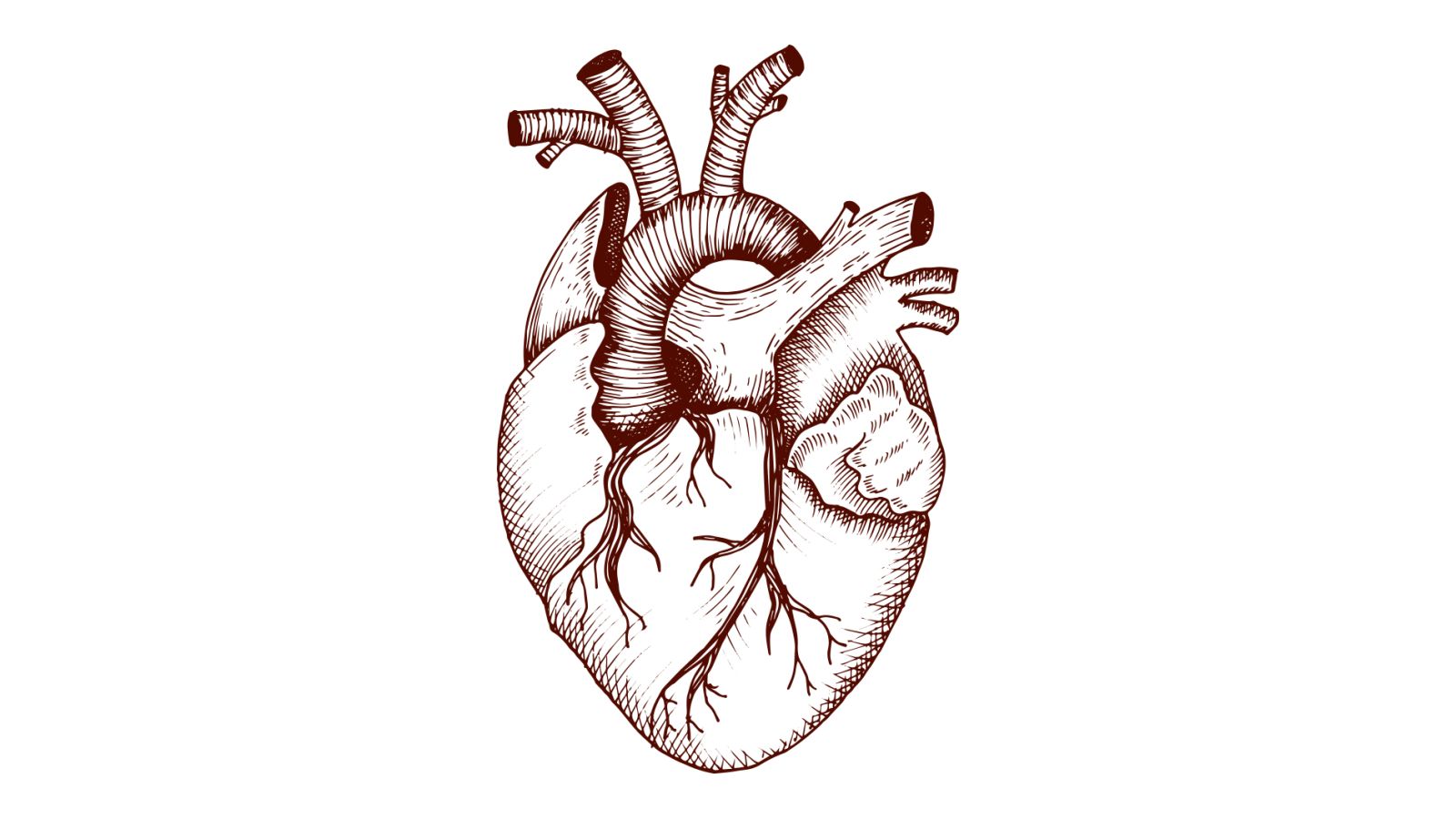Love of Allāh and His Messenger
Shaykh al-Islām Ibn Taymīyyah


Shaykh al-Islām mentioned:1 The ḥadīth of Anas ibn Mālik that ‘a desert Arab said to Allāh’s Messenger (ﷺ): When will the Last Hour be? The Messenger of Allāh replied: “what have you prepared for it?” He said: Love of Allāh and His Messenger. The Prophet (ﷺ) said: “you will be with those who you love.” [Ṣaḥīḥ Muslim Eng. Trans. no.6378]
This ḥadīth contains the excellence of loving Allāh and His Messenger (ﷺ) and the righteous and the People of Goodness – the dead and the living.
This ḥadīth when looked at in a shallow way, and without consideration of its various wordings and other aḥādīth and āyāt pertaining to the subject, could leave one with the erroneous impression that merely loving Allāh and His Messenger (ﷺ) guarantees entry into Paradise. This is not the case. For sure, love of Allāh and His Messenger is a condition for our Islām and it is a condition for the acceptance of our actions, but mere love on its own does not guarantee entry into Paradise – although such a one would eventually enter Paradise after having been in the Hellfire unless Allāh Wills otherwise.
Firstly: just by considering the wording of the above ḥadīth we know that true Love of Allāh and His Messenger (ﷺ) lies in loving them and following their commands and staying away from their prohibitions. Hence, when the desert Arab said: ‘Love of Allāh and His Messenger’ he implicitly stated that he was doing this.
Secondly: Other narrations show that what the Arab meant was that although he had performed the obligatory duties, he had not done much in the way of optional actions.
Thirdly: yet other narrations show that the Messenger (ﷺ) did not merely suffice with the desert Arabs saying ‘Love of Allāh and his Messenger’ but he went on to say: “you shall be with those you love, and you shall reap what you earned, and it is upon Allāh to reward you for what you have gathered.” [Fath al-Bārī of ibn Hajr 10/686 ḥadīth no’s 6168+ Book of Manners Chpt: The Signs of Loving Allāh. Ibn Hajr attributes this ḥadīth to Abū Nu’aym.] Meaning that he would still be judged for his actions.
So here are other aḥādīth that prove what I say:
When the man was asked what he had prepared for it, he replied: “I have made no significant preparation for it with prayer, fasting, and charity except that I love Allāh and His Messenger” He said: “you shall be with those you love.” [Ṣaḥīḥ Muslim no. 6382]
In another narration, it is mentioned that he did not mention anything great in reply to the question. [ibid. no. 6379]
In the same narration, he said: ‘I have not prepared much that would merit self-commendation’ [ibid. no. 6379]
Therefore, Imām al-Nawawī states [Sharḥ Ṣaḥīḥ Muslim 16/152+],
“This ḥadīth contains the excellence of loving Allāh and His Messenger (ﷺ) and the righteous and the People of Goodness – the dead and the living. And from the excellence of loving Allāh and His Messenger is complying with their command and staying away from their prohibitions, and following the Adaab of the Sharīʿah…
His saying, ‘I have made no significant preparation for it’…meaning other than the obligatory duties i.e. I have not prepared a great deal of optional prayers, fasts and giving in charity.”
And Allāh the Most High knows best and He guides to that which is correct.
Endnotes
- Taken from Majmūʿ al-Fatāwá (10/422), Translated by Maaz Qureshi

















